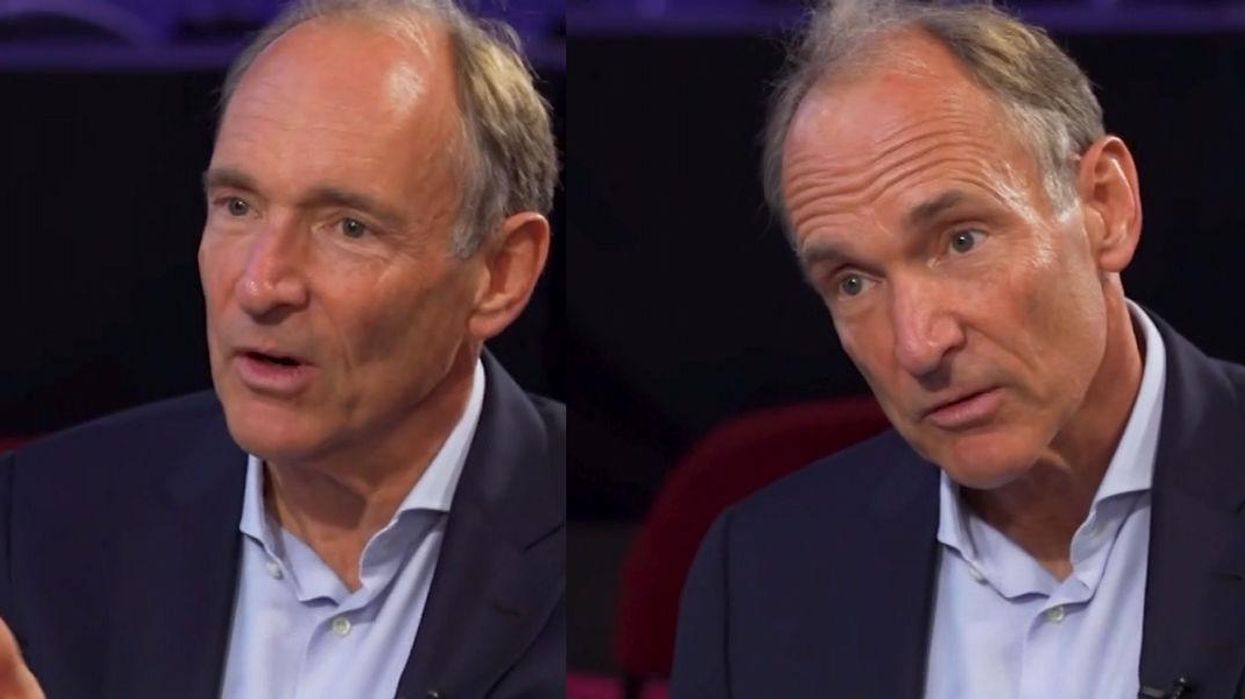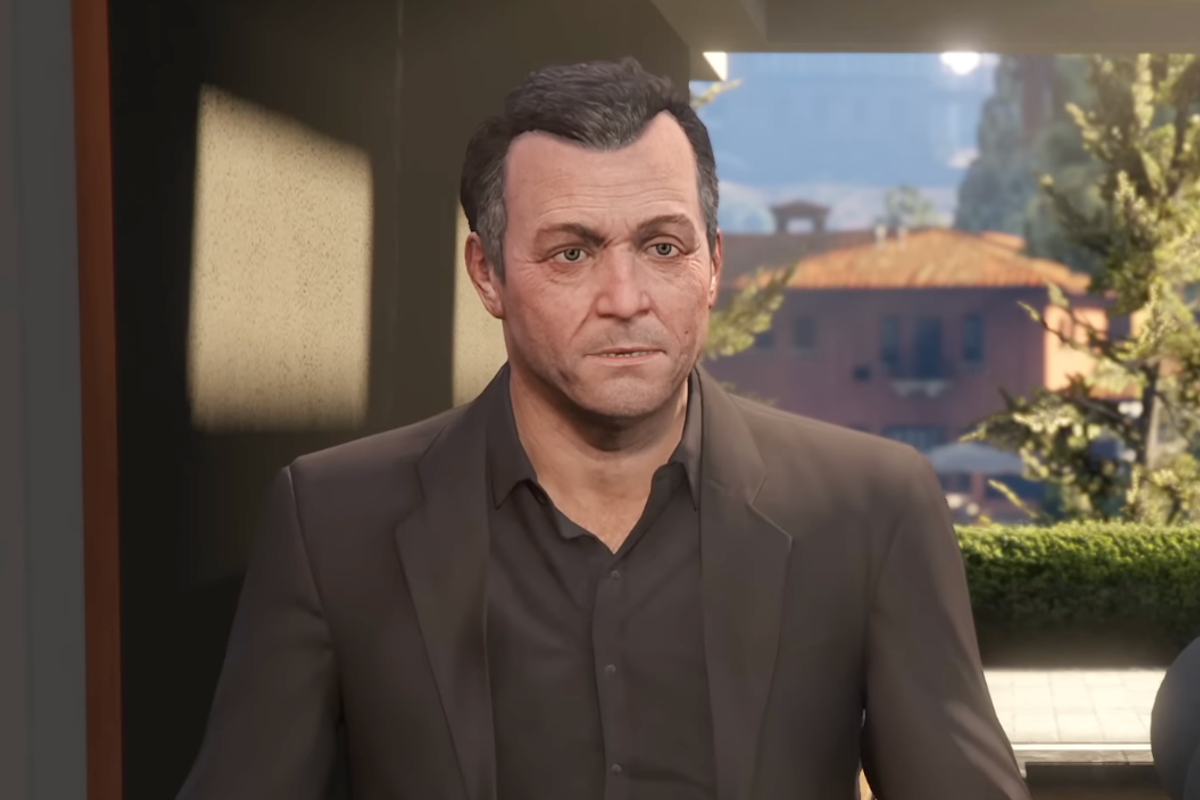News
Narjas Zatat
Mar 12, 2019

Picture:
CNN screengrab
The inventor of the World Wide Web, Tim Berners- Lee has mixed feelings about how it has developed – the proverbial Frankenstein’s monster.
Berners- Lee spoke to reporters about his creation, the World Wide Web on the eve of the 30-year anniversary of his first outline of what would become one of the greatest inventions of the 21st century.
But it’s not all good things.
The European Organisation for Nuclear Research, also known as CERN, intends to host Berners-Lee, who said: “We’re celebrating, but we’re also very concerned."
Last year, half of the world got online and as of this year some two billion websites exist.
In a letter published for his World Web Foundation, he admitted that “many people feel afraid and unsure if the web is really a force for good.”
While the web has created opportunity, given marginalized groups a voice, and made our daily lives easier, it has also created opportunity for scammers, given a voice to those who spread hatred, and made all kinds of crime easier to commit.
Berners-Lee said the anniversary offers “an opportunity to reflect on how far we have yet to go.”
He added that the “fight [for the web is] one of the most important causes of our time.” He continued to Time:
Look at the 50 percent who are on the web, and it’s not so pretty for them. They are all stepping back suddenly horrified after the Trump and Brexit elections realising that this web thing that they thought was so cool has actually not necessarily been serving humanity very well.
You can't just blame one government, one social network or the human spirit....To get this right, we will need to come together as a global web community.
How did Berners-Lee come up with it?
While working at CERN in 1989, he developed the idea for a hypertext-transfer protocol – ‘http.’ He submitted the proposal on 12 March in plans his bosses called “vague but exciting.”
A year later in 1990 he would release his first web browser.
Berners-Lee is using the anniversary to urge the world to tackle state-sponsored hacking, abusive language and criminal behaviour on the web, and he does this by identifying three “sources of dysfunction” affecting the web: deliberate malicious intent, system design and unintended negative consequences of benevolent design.
Berners-Lee launched a campaign called "Contract for the Web" at the Web Summit tech conference in Lisbon, Portugal, last year.
More: A viral video someone 'correctly' eating a pineapple upside down has broken the internet
More: Pro-EU activists hijack 'March To Leave' website so Nigel Farage can't use it

Top 100
The Conversation (0)













